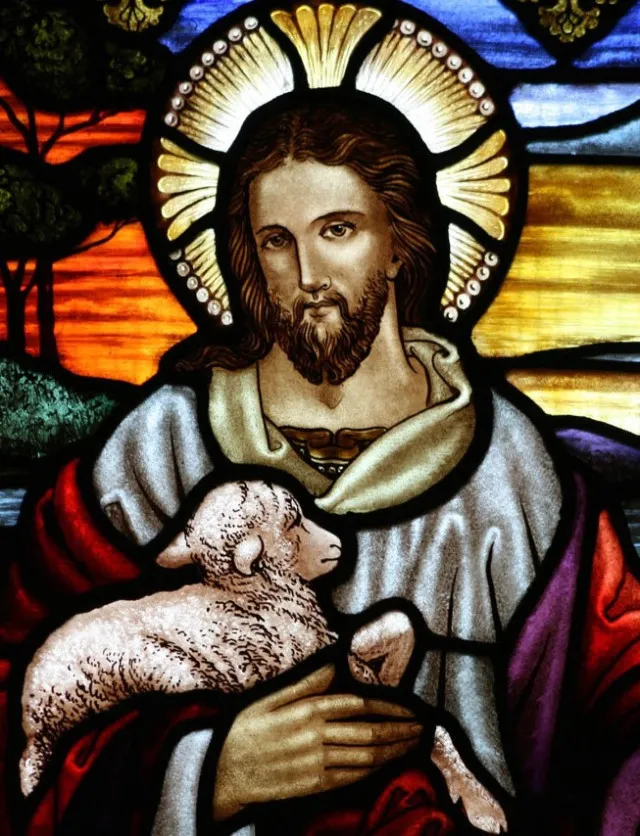Scientists reveal true birthdate of Jesus, showing it is different from what people have traditionally believed about his birth.
As Christmas approaches, many people celebrate the birth of Jesus Christ on December 25.
This date has been widely accepted for centuries, marking what many believe to be Jesus’s 2,023rd birthday.
However, recent research suggests that this date may not be accurate.
Scientists and historians have studied various texts and historical events to determine when Jesus was born.

When was Jesus actually born?
According to some experts, Jesus may have actually been born in the spring, not in December.
This new understanding challenges long-held beliefs about the nativity.
One of the key pieces of evidence comes from the writings of the ancient historian Flavius Josephus.
He noted a lunar eclipse that occurred shortly before the death of King Herod the Great.
In the Bible, it is said that Herod ordered the killing of all boys under the age of two in Bethlehem.

If this was true, it means that Jesus must have been born at least 24 months before Herod died.
Experts have proposed several possible dates for Herod’s death, including December 29, 1 BC, January 10, 1 BC, March 13, 4 BC, and September 15, 5 BC.
These dates help narrow down the timeframe for Jesus’s birth.
If Jesus was born before Herod’s death, then he would have been born before the year 1 BC.
The significance of passover
Another important factor is the Jewish Passover, which occurs in the spring.
Josephus mentioned that this festival took place shortly after Herod died.
This detail suggests that Jesus’s birth could not have been in September, January, or December, as these months do not align with the timing of Passover.

What does the expert say about true birthdate of Jesus?
Professor Lawrence Mykytiuk from Purdue University shared his thoughts on this topic.
He pointed out that shepherds typically kept their sheep in pens during the winter months to protect them from harsh weather.

Therefore, the biblical account of shepherds watching over their flocks at night suggests that Jesus’s birth likely happened in a warmer season.
He emphasized that the evidence points towards a spring birth, possibly in March, during the years 6, 5, or 4 BC.
The implications of this research are significant.
If Jesus was not born on December 25, it raises questions about the origins of Christmas traditions.
Understanding the true date of Jesus’s birth can reshape how people celebrate this important holiday.
Mykytiuk stated: “It remains a humbling fact that despite various claims, no one in modern times is really certain of the exact year of Jesus’ birth.”
Professor Mykytiuk added: “Josephus also tells us in two places that the Jewish Passover occurred soon after the death of Herod the Great.
Because the Passover is observed in the spring; September, January, and December are ruled out.”

The professor continued: “It is most unlikely that Jesus was born on any day in December, let alone on December 25th, because ‘there were shepherds living out in the field, keeping watch over their flocks at night’.
“During winter, shepherds kept sheep in the fold to protect themselves and their sheep from severe weather.
This fact of plentiful grass in March fits with the lunar eclipse occurring shortly before the death of Herod the Great.
“The narrowest date one can confidently arrive at for Jesus’s birth seems to be the month of March, during the years 6, 5, or 4 BC.”